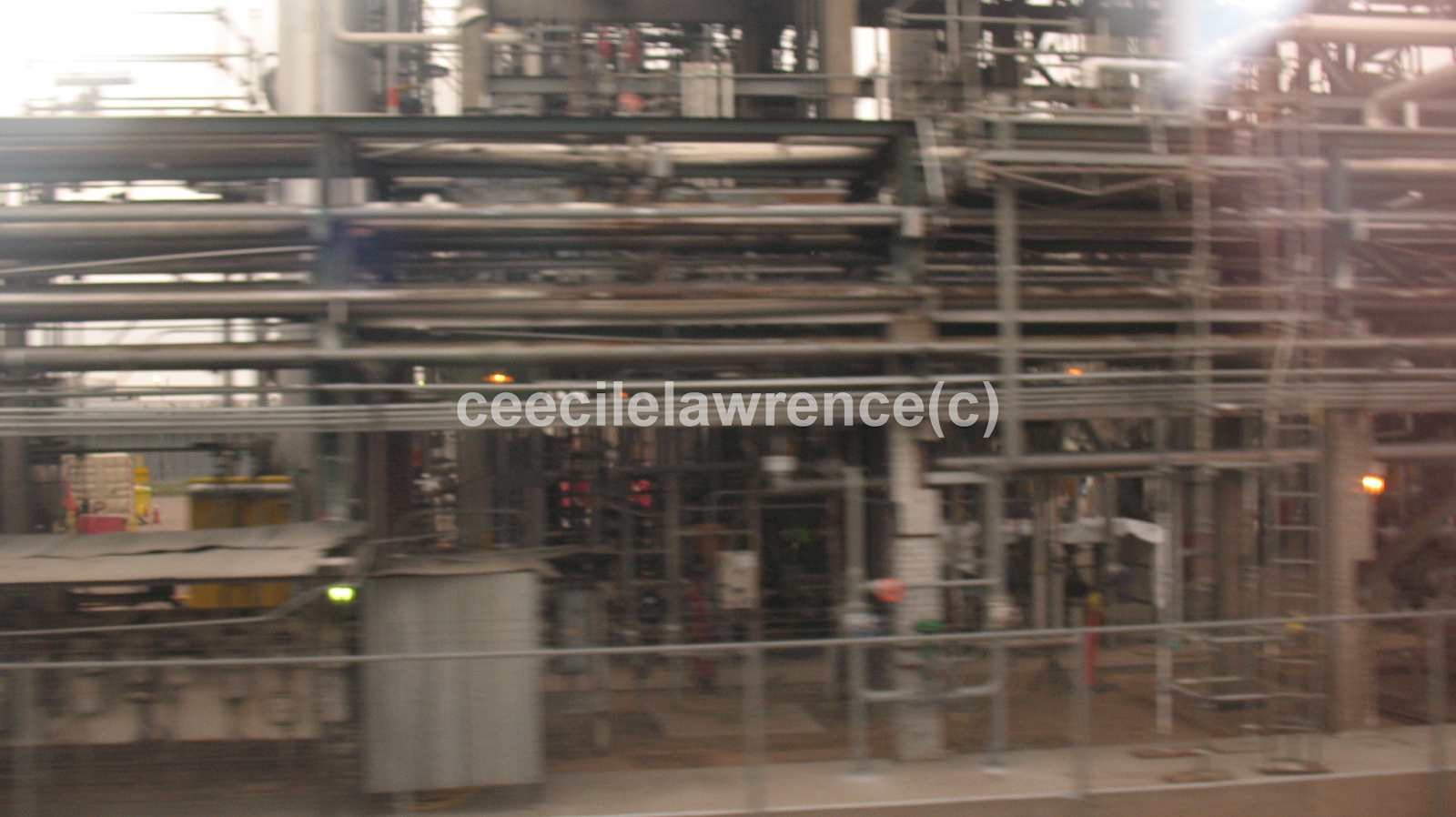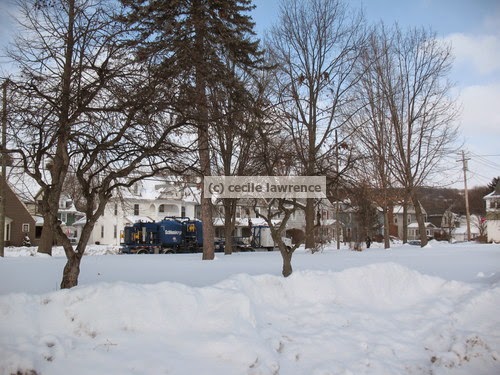The Price of
Thirst: Global Water Inequality and the
Coming Chaos. By Karen Piper. Minneapolis. University of Minnesota Press. 2014.
Karen Piper's new book should be on the short list of anyone
concerned about the important crises affecting what's needed for life to
continue on the "water planet." Piper writes beautifully, making her
book easy to read quickly without the reader losing sight of the important
details she reveals. Her style crosses
genres as she weaves from a journalistic stance to an ethnographic stance.
Her background in post-colonial studies serves her well as
she travels from region to region across the globe. Thus she is able to see and grasp the larger
histories and implications of the conversations she has with people living
without water or seeing their sources of water taken away or blocked from
access, usually all for the sake of the bottom line of a corporation often
working with a government that has put aside its responsibility for the needs
of a country's citizens.
Each of the six chapters of this book take us from California in the U.S.
to Chile to South Africa to India
to Egypt to Iraq. Piper spent seven years pursuing this
investigation, interviewing people who take different stances on the issue of
water, whether they're for privatization or not, whether they view water as a
"good" and therefore a commodity and therefore appropriate for being
put up for sale to the highest bidder, put on a stock market in its own right
separately from corporations that do the extraction from aquifers and the
bottling, versus those who view water as a "right" or in the commons or
a manifestation of the holy and thus should never be put up for sale.
Carefully referenced with sometimes startling photos, not
the least of which is the one "gracing" the book's cover, the editing
is well done.
Piper collects yet more evidence, on the ground literally,
to add to the proof for those who subscribe to this being a time for people to
turn their backs on capitalism as it has been practiced since the start of the
Industrial Revolution. But she is never dogmatic and never drowns the reader in
numbers or statistics. Other books,
articles, and reports have provided readers with massive amounts of numeric
data. Piper's appeal is to the heart and
to the importance of individual personal experience. This is one of the many ways that makes this
book differ from others such as Maude Barlow and Naomi Klein writing in this
burgeoning field of works about global crises.
Piper's approach is more like that of Vandana Shiva in taking the stance
that the political is personal and all politics are local. Piper's meeting with
Vimla Bahuguna, to whom she dedicates the book, literally and figuratively
centers the book.
Allied to the issue of access to water for drinking,
cooking, bathing, washing, food production, etc. is, of course, the equally
pressing problem of water pollution. While
water pollution is not the focus of her work as her center of attention is on
global inequality in access to clean water, the issue of water pollution
intertwines with the crisis of global water inequality. Pollution has occurred and continues to occur
where the local residents tend to be poor and powerless as in many of the
places Piper visited, away from the interest of Western media and thus the
residents of wealthy countries in Europe and the U.S. Piper chooses to begin with a visit to a site
in the U.S. and ends with a
visit to a site in a country which the U.S. recently invaded and
occupied. These placements could form
the basis for another extensive discussion. Piper hints but is never strident.
This book is appropriate for a very wide audience, including
community book reads and discussions as well as undergraduate and graduate
courses in Sustainability, Environmental Studies, Post-colonial Studies,
English, Sociology, Philosophy, and especially courses with an
interdisciplinary orientation.
Reviewed by Cecile A. Lawrence. Independent Scholar and UNOH-VC faculty. Due to be published in an issue of American Studies 2015.


